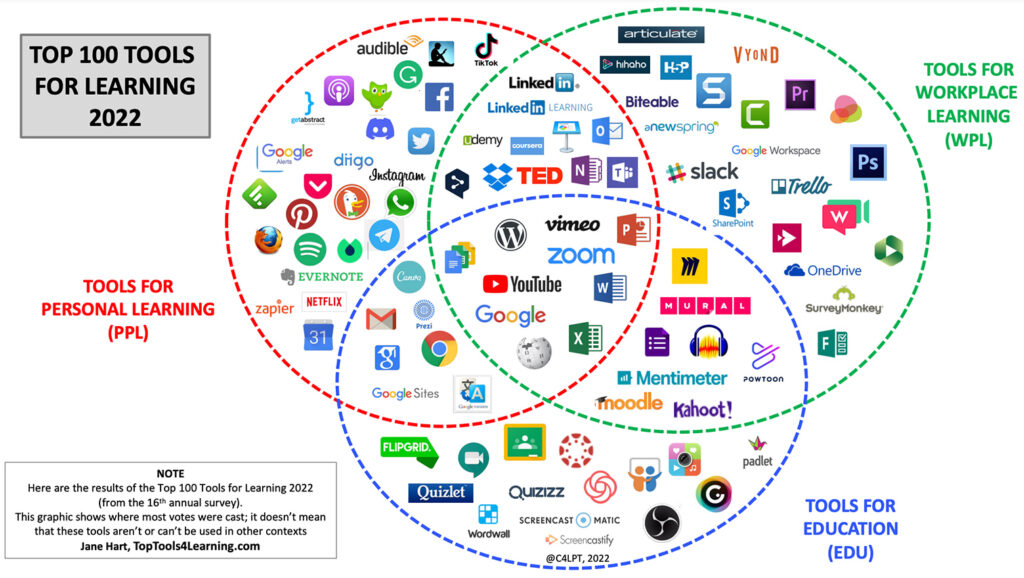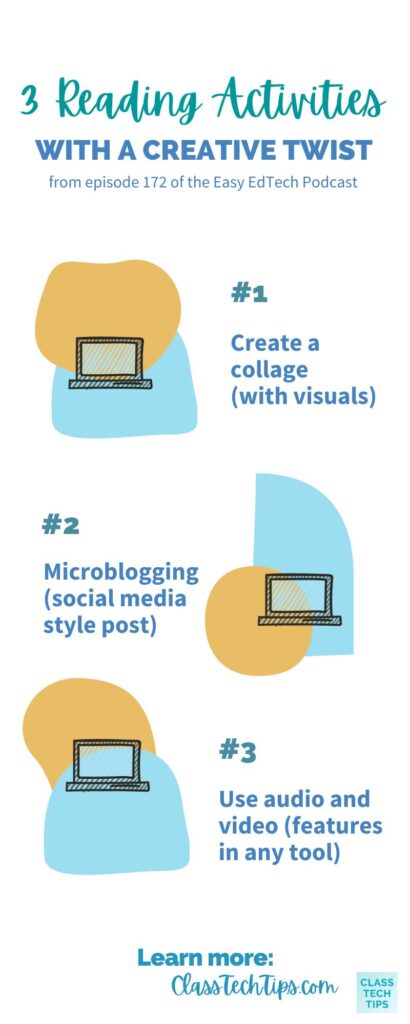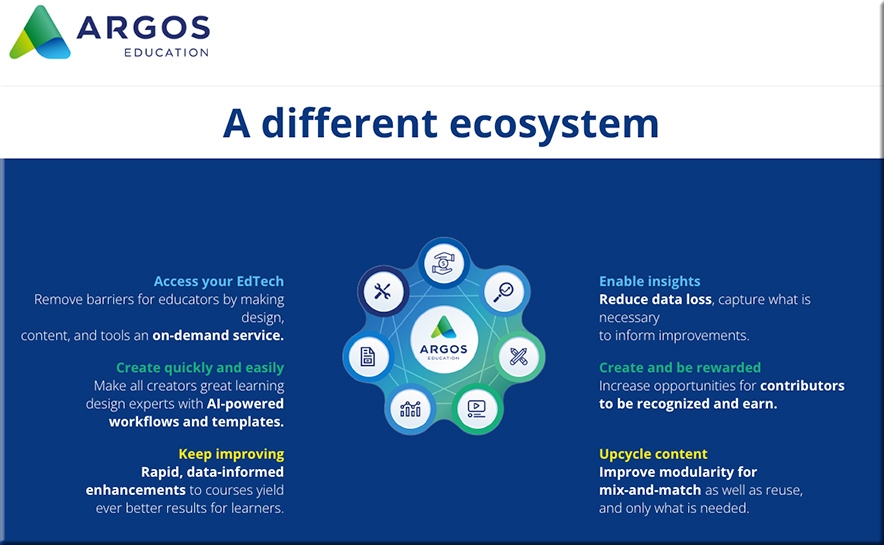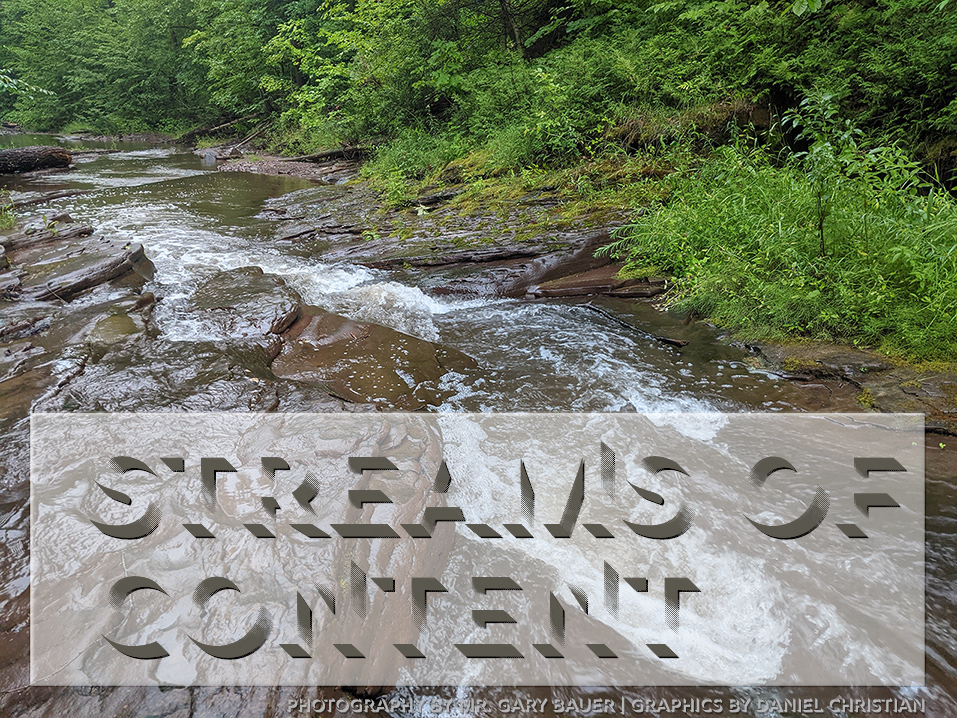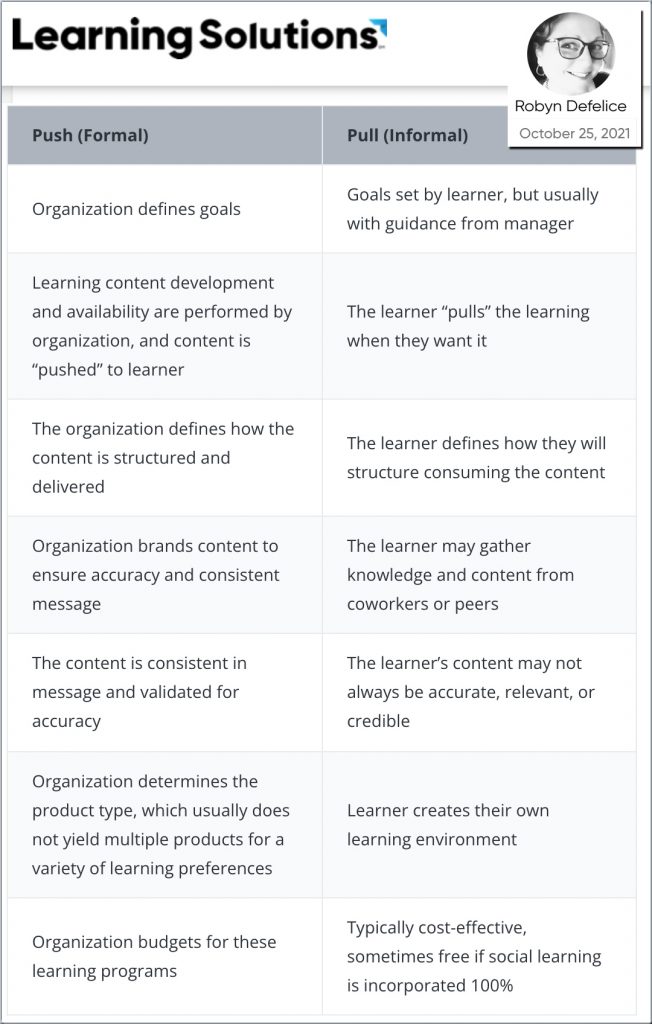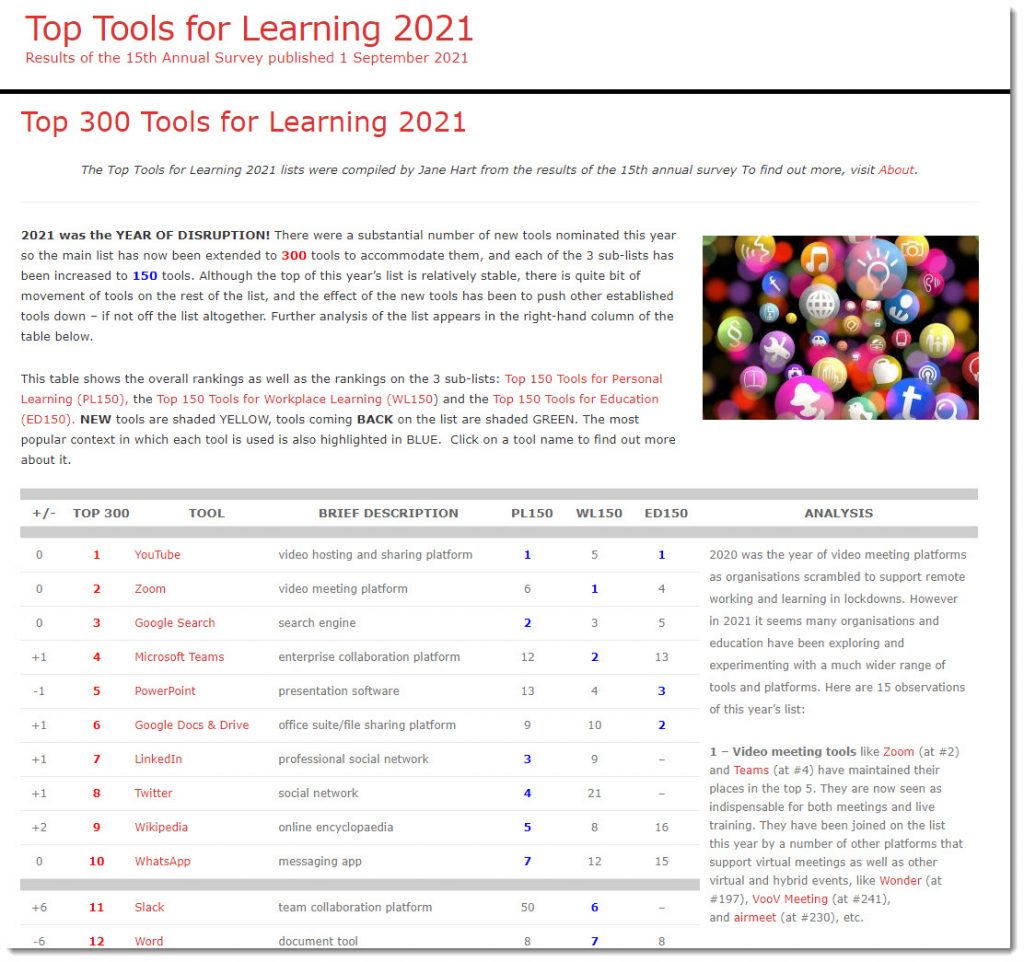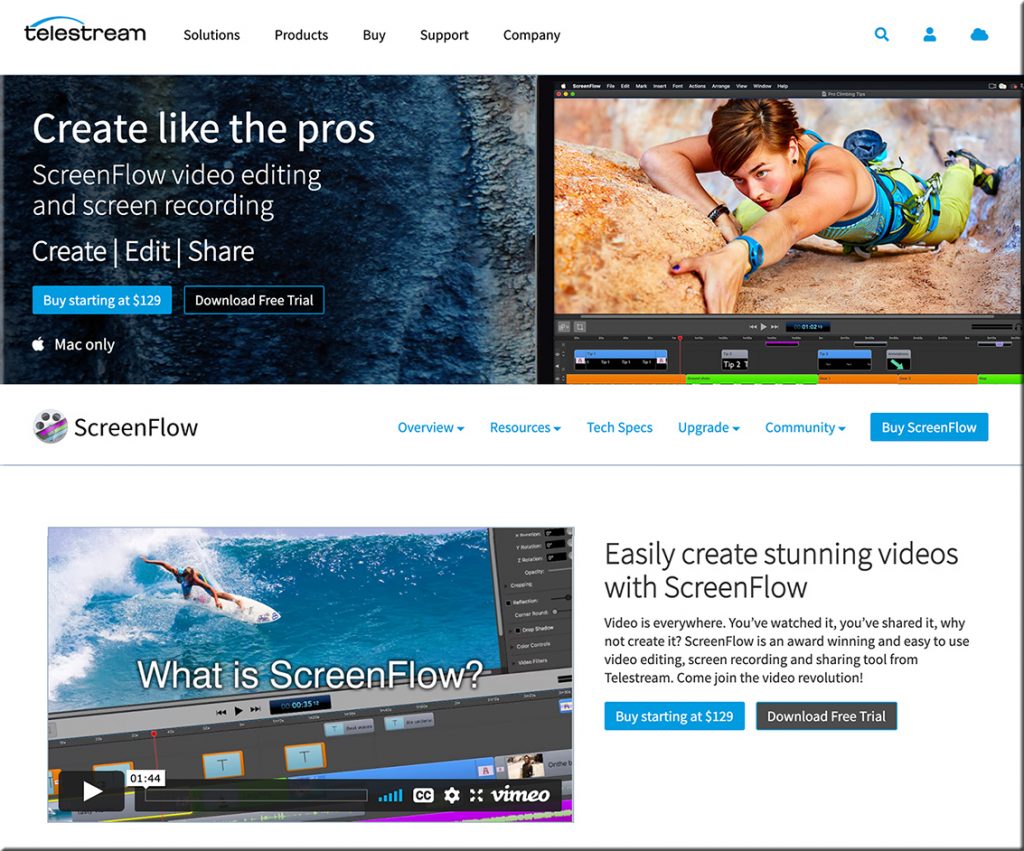Top tools for learning 2022 — from toptools4learning.com by Jane Hart
Excerpt:
In fact, it has become clear that whilst 2021 was the year of experimentation – with an explosion of tools being used as people tried out new things, 2022 has been the year of consolidation – with people reverting to their trusty old favourites. In fact, many of the tools that were knocked off their perches in 2021, have now recovered their lost ground this year.
Also somewhat relevant/see:
- Tech & Learning Names Winners of the Best for Back to School 2022 Awards — from techlearning.com
The best education technology tools and solutions for back to school 2022









